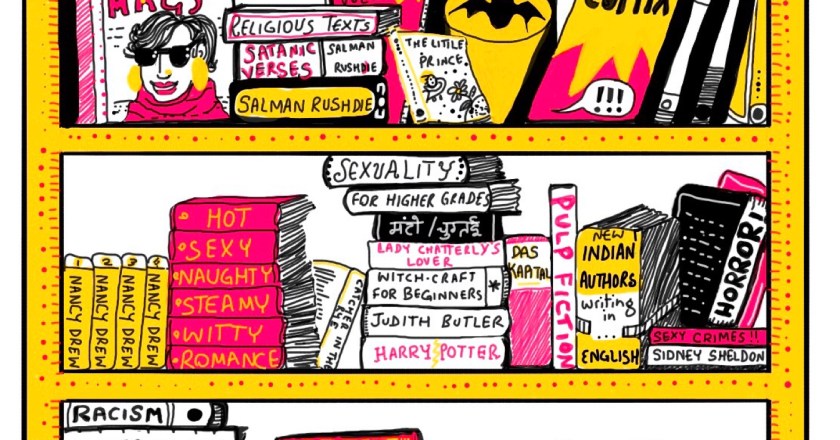School-wali Library
Reflecting on the theme for this edition, Libraries and Schools, the Torchlight editorial team felt that the act of listening (really listening) to the voices of primary users of the school library - its students - is a valuable part of library work. Now, we are delighted to share the experience of listening with you, through this audio piece which details the experiences of students from a government school in Delhi.
The piece presents a range of reflections, responses and meanderings from interviews with students from classes 3 to 8, about their relationship with their school library and with library books.
So settle into your seat and get your tiffin-box (and headphones) out, as you hear what Anisha, Yogit, Naved, Shivam, Sameer, Mayank, and Anshul have to say.
Interviews b...






